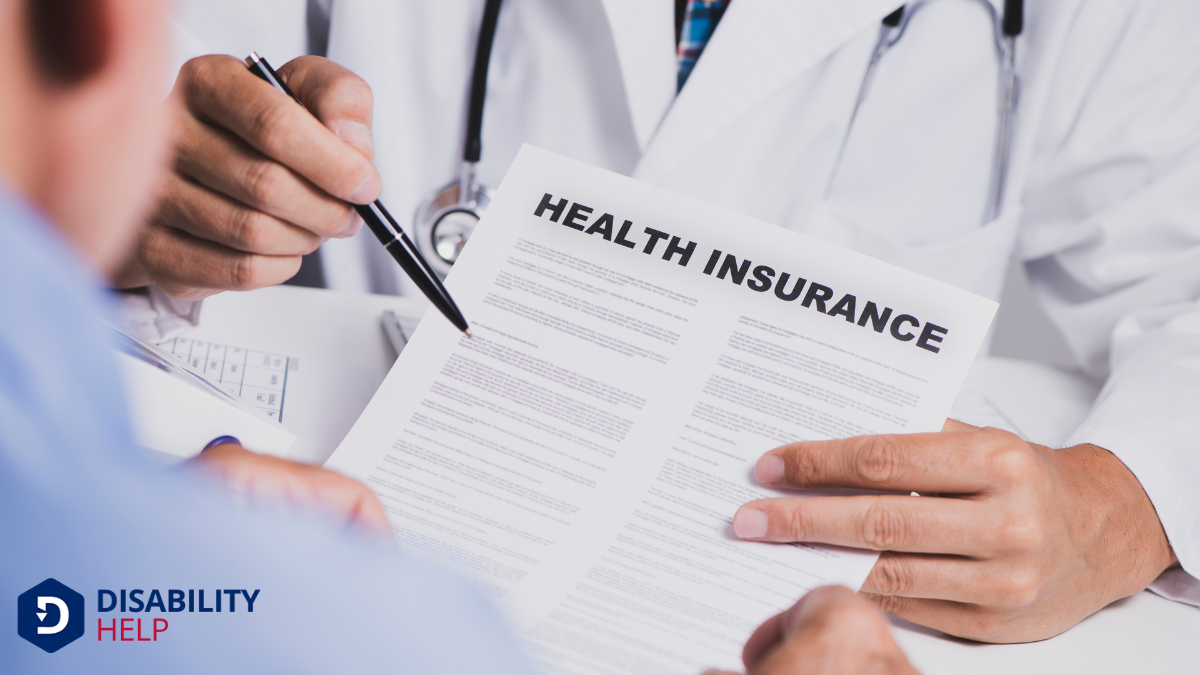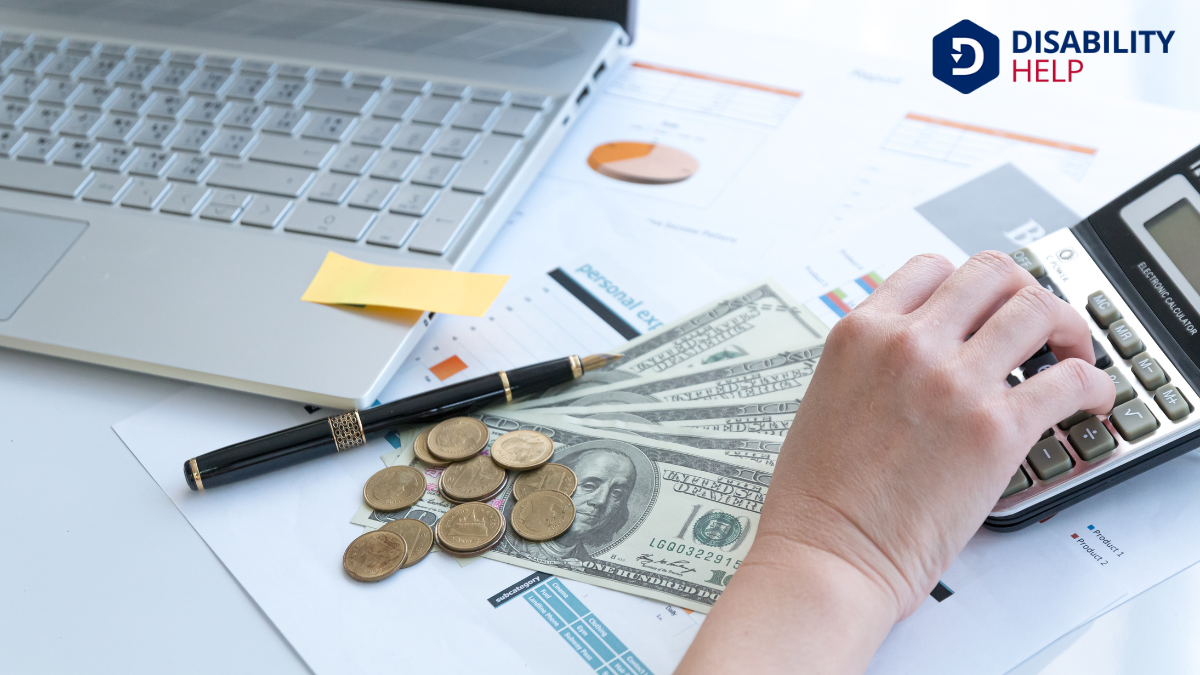If you get injured outside of work, the first thing you should do is evaluate the injury's severity and get medical help if needed. It's essential to know what your health insuranceA system for paying for medical services, often covering preventive, diagnostic, and treatment costs... covers, as this impacts your medical costs. If someone else's negligenceA legal concept where a party fails to exercise reasonable care, resulting in harm to another person... caused your injury, you might have legal avenues to explore for compensation. Wondering about financial support options or how to manage during recovery? There's more to uncover.
Key Takeaways
- Assess the injury's severity and seek appropriate medical attention promptly.
- Review your personal health insurance policy to understand coverage for injury-related expenses.
- Explore the possibility of filing a personal injury claim if another party's negligence caused the injury.
- Check eligibility for short-term or long-term disability benefitsFinancial assistance provided to individuals who are unable to work due to a disability, such as Soc... through your employer.
- Evaluate financial resources and support systems to manage expenses during recovery.
Assessing the Situation and Seeking Medical Attention
When you find yourself injured outside of work, the first step is to calmly assess the situation even if you're feeling shaken or unsure.
Determine the severity of the injury by checking for bleeding, swelling, or pain. If it's serious, call for emergency assistance right away. Staying calm helps you think clearly and take appropriate action.
Try to remember the details of how the injury happened, as this information will be useful when you seek medical attention.
If your injury is minor, clean the area and apply basic first aid. However, don't hesitate to visit a doctor if you're unsure about the injury. It's always better to be cautious and guarantee you receive proper care to prevent further complications.
Understanding Your Personal Health Insurance Coverage

Have you ever wondered how well your personal health insurance covers injuries sustained outside of work? It's essential to know what your policy entails before an accident occurs. Review your insurance plan to understand the benefits and limitations.
Check whether it covers emergency room visits, hospital stays, and follow-up care. Some policies might require pre-authorization for certain treatments, so being informed helps avoid unexpected costs.
Don’t overlook your deductible and co-payments, as these affect out-of-pocket expenses. Understanding your network of providers is also important; staying in-network usually means lower costs.
If you're unsure about any terms, don’t hesitate to contact your insurance company for clarification. Being proactive guarantees you’re prepared and can focus on recovery instead of financial stress.
Exploring Legal Options for Personal Injury Claims
Although sustaining an injury outside of work can be distressing, knowing your legal options for personal injury claims is crucial for securing compensation.
First, determine if someone else's negligence caused your injury. If so, you may have a valid claim. Gather evidence like photos, witness statements, and medical records to support your case.
Consult with a personal injury attorney who can evaluate your situation and guide you through the legal process. They’ll help you understand the potential compensation you might receive for medical bills, lost wages, and pain and suffering.
Navigating Short-Term and Long-Term Disability Benefits
If you find yourself unable to work due to an injury, understanding how to navigate short-term and long-term disability benefits is essential.
Start by checking if your employer offers these benefits or if you need to explore private insurance options. Familiarize yourself with the application process and necessary documentation, as this prepares you for any required steps.
Consider these key points:
- Eligibility Requirements: Know the criteria you must meet to qualify for benefits.
- Coverage Duration: Determine how long each type of benefit will support you.
- Benefit Amount: Find out the percentage of your salary you’ll receive.
- Claim Deadlines: Be aware of any time limits for submitting your application.
These steps help guarantee you get the support you need during recovery.
Managing Financial Implications and Support Systems

Facing an injury that keeps you from working can greatly impact your finances. It’s essential to assess your situation quickly and explore available support systems.
Start by reviewing your savings and creating a budget to manage your expenses. Look into any available short-term or long-term disability benefits you might have, and don’t hesitate to contact your insurance provider for guidance.
Additionally, explore local community resources or government assistance programs that may offer financial aid or support services.
Reach out to family and friends for emotional and practical support; they can help with daily tasks or offer temporary financial assistance.
Remember, clear communication with creditors can lead to flexible payment plans, easing your financial burden while you recover.
Stay proactive in managing your finances.
Conclusion
If you get injured outside of work, first assess the situation and seek medical help if needed. Understand your health insurance to manage expenses effectively. If someone else's negligence caused your injury, explore legal options for potential compensation. Consider applying for disability benefits if you're unable to work, and don't hesitate to lean on family and community resources for support. By taking these steps, you'll be better equipped to handle the challenges of recovery.






